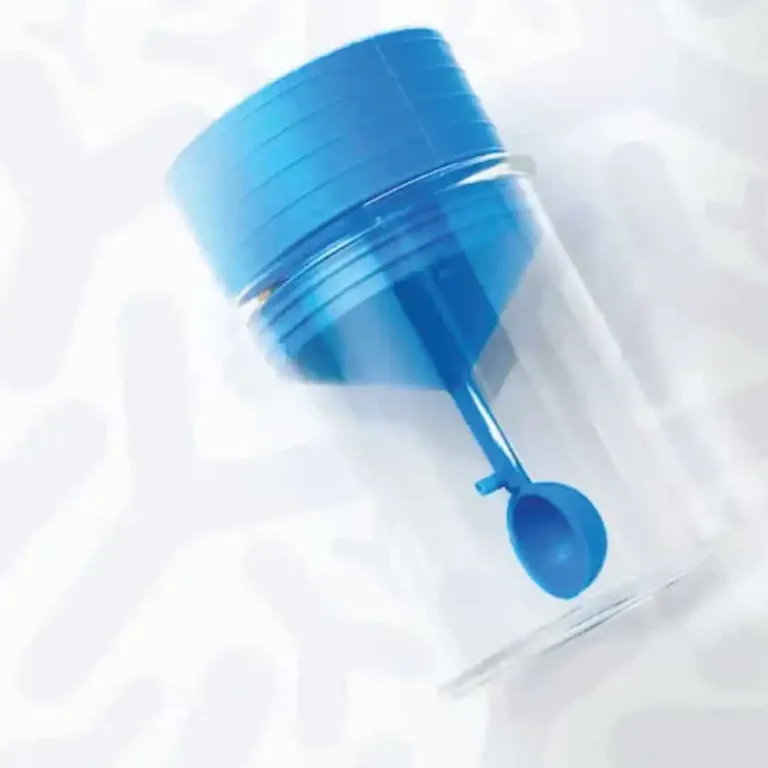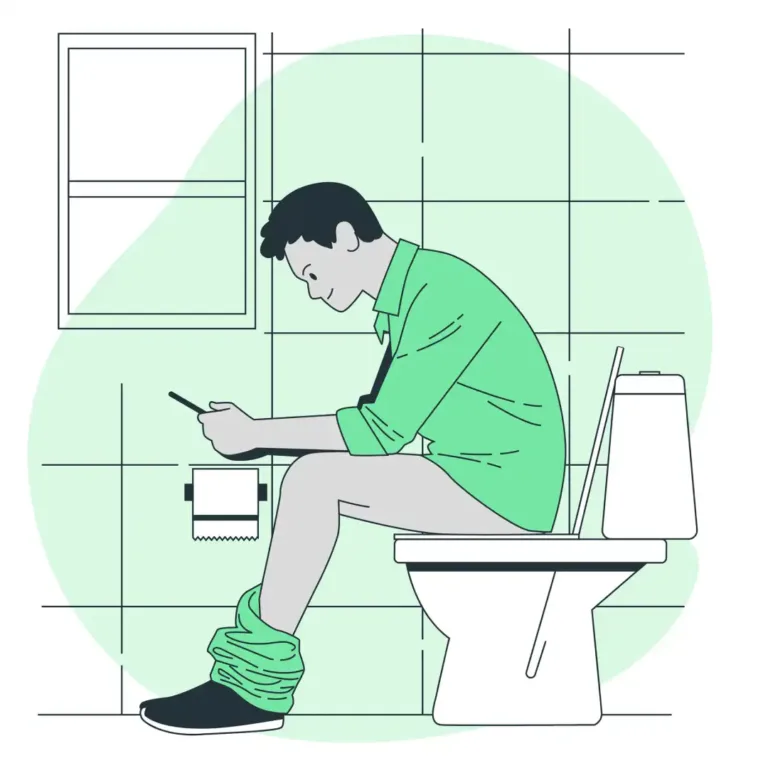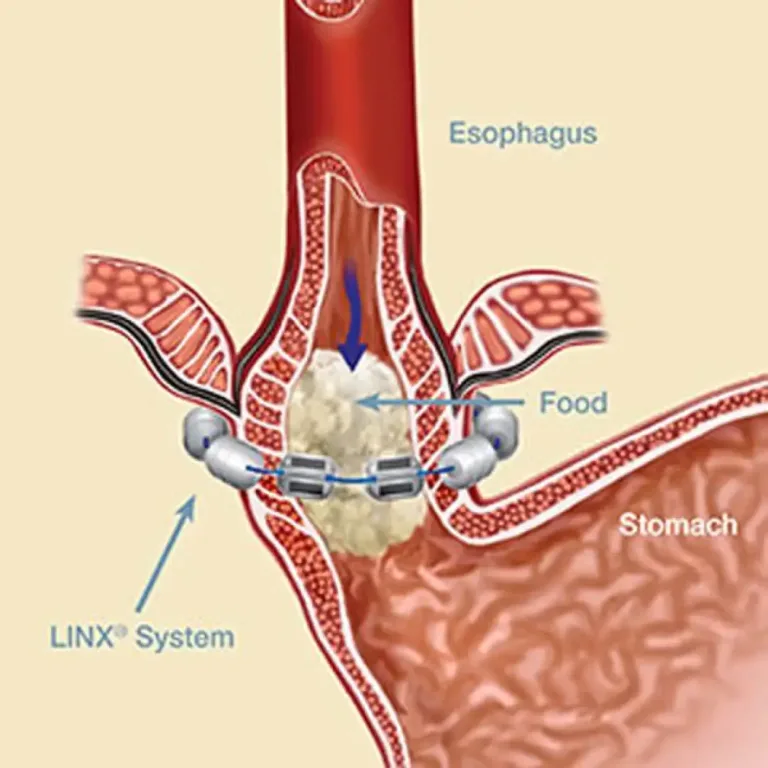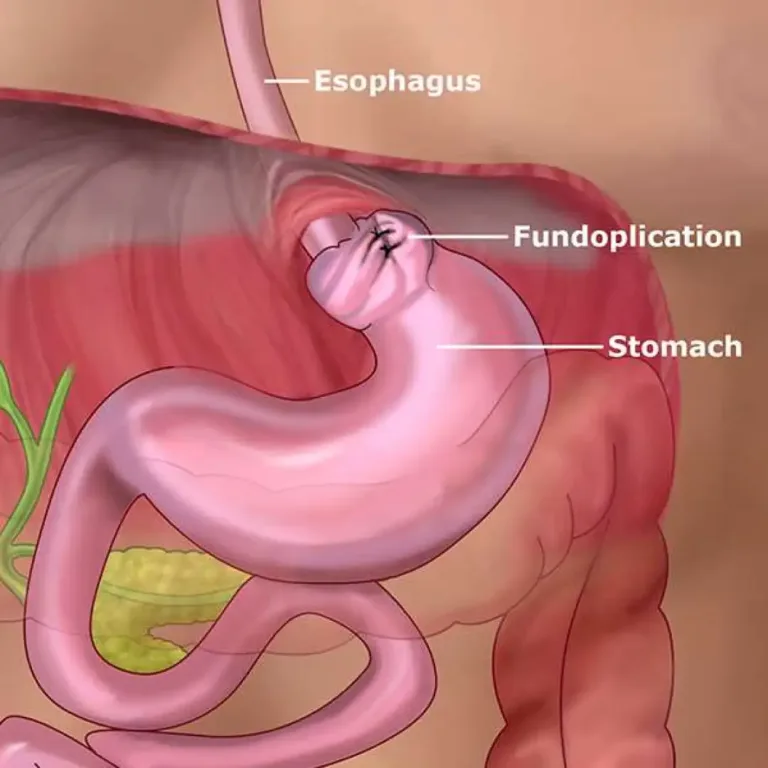Gastroparesis, delayed gastric emptying, and issues with stomach accommodation are distinct yet interrelated concerns that merit exploration. Let’s unravel the complexities surrounding these conditions.
Gastroparesis:
Gastroparesis is a gastrointestinal disorder characterized by delayed emptying of the stomach contents into the small intestine. This delay results from impaired or weakened muscular contractions of the stomach, hindering the proper movement of food. Common symptoms include nausea, vomiting, abdominal pain, and a feeling of fullness, even after consuming small amounts of food.
Delayed Gastric Emptying:
Delayed gastric emptying is a broader term encompassing various conditions, including but not limited to gastroparesis. It refers to the sluggish movement of food from the stomach into the small intestine. This delay disrupts the normal digestive process and can lead to a range of symptoms, from bloating and indigestion to more severe complications.
Issues with Stomach Accommodation:
Stomach accommodation refers to the ability of the stomach to expand and contract to accommodate the ingested food. Issues with stomach accommodation may arise due to factors such as damage to the nerves controlling stomach muscles or abnormalities in the coordination of muscle contractions. This can result in difficulties with food intake and contribute to symptoms like early satiety and discomfort.
Causes and Risk Factors:
Neuromuscular Dysfunction: Gastroparesis and delayed gastric emptying often stem from dysfunction in the nerves controlling stomach muscle contractions, leading to impaired motility.
Diabetes: Diabetes is a significant contributor to gastroparesis, as high blood sugar levels can damage the nerves responsible for regulating stomach movement.
Post-Surgical Complications: Surgical interventions in the abdominal area can disrupt the normal functioning of the stomach, potentially causing delayed gastric emptying.
Connective Tissue Disorders: Conditions affecting connective tissues, such as scleroderma, can impact stomach accommodation and contribute to digestive issues.
Management and Treatment:
Dietary Modifications: Adjusting dietary habits, such as consuming smaller, more frequent meals and avoiding certain foods that may be harder to digest, can help manage symptoms.
Medications: Prokinetic medications may be prescribed to enhance stomach contractions and promote more efficient gastric emptying.
Nutritional Support: In severe cases, nutritional support through enteral feeding or parenteral nutrition may be necessary to ensure adequate nutrient intake.
Underlying Condition Management: Addressing the underlying causes, such as diabetes or connective tissue disorders, is crucial for effective long-term management.





